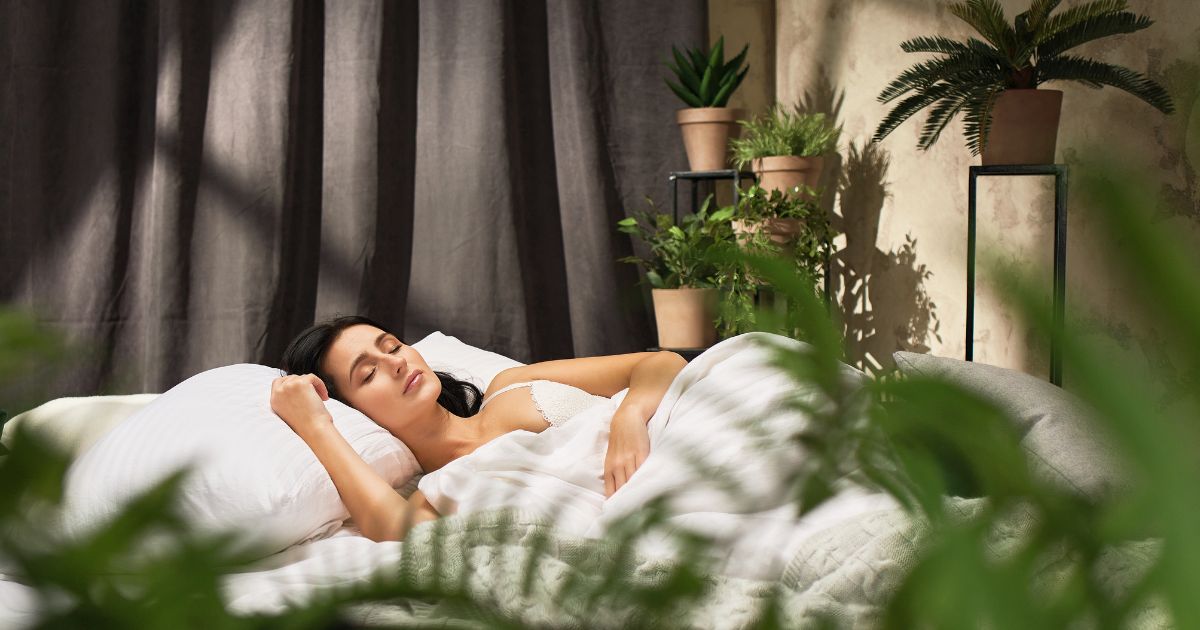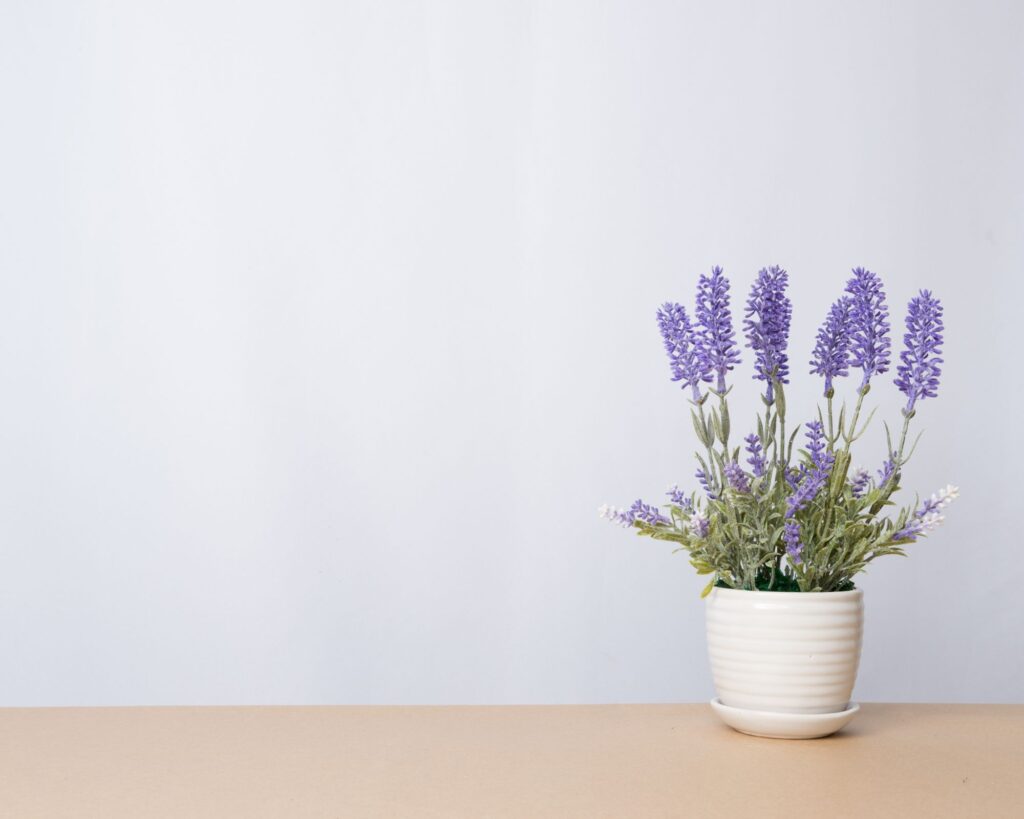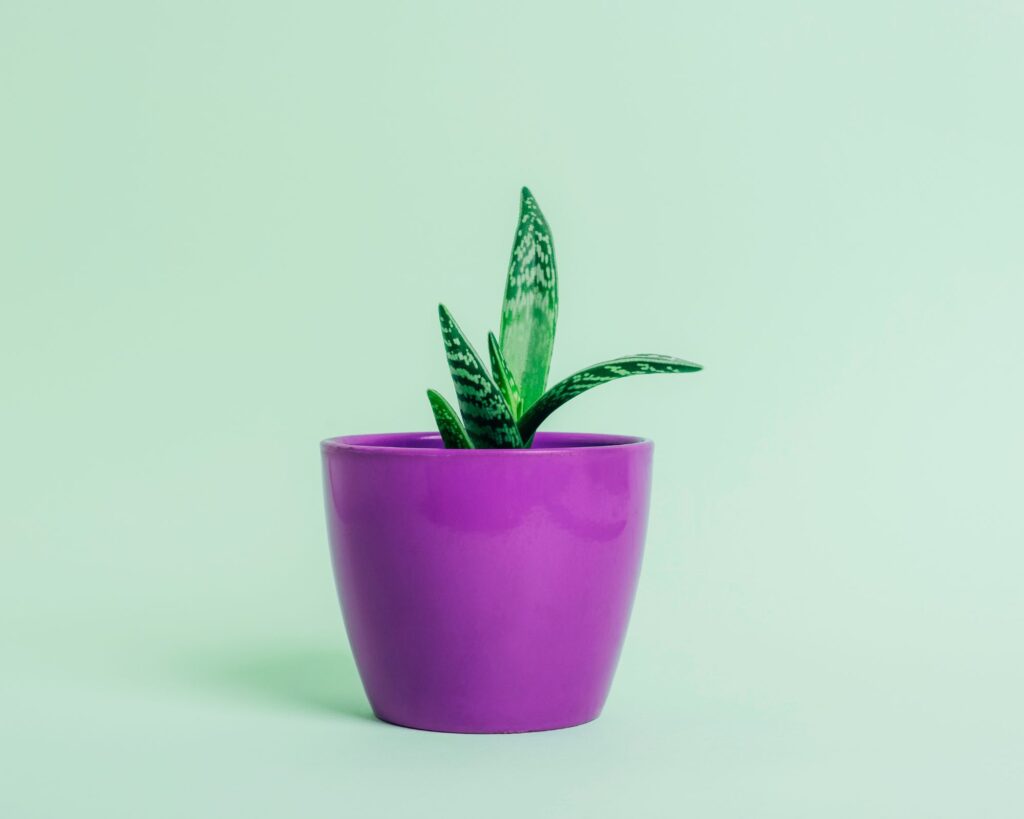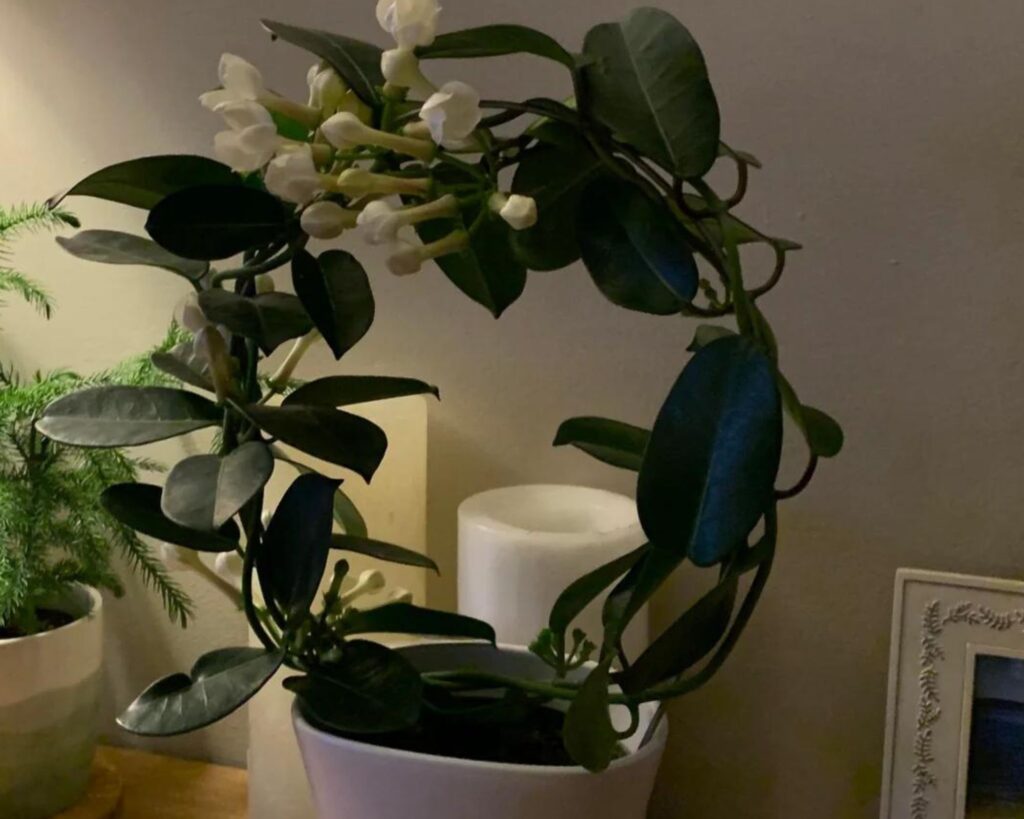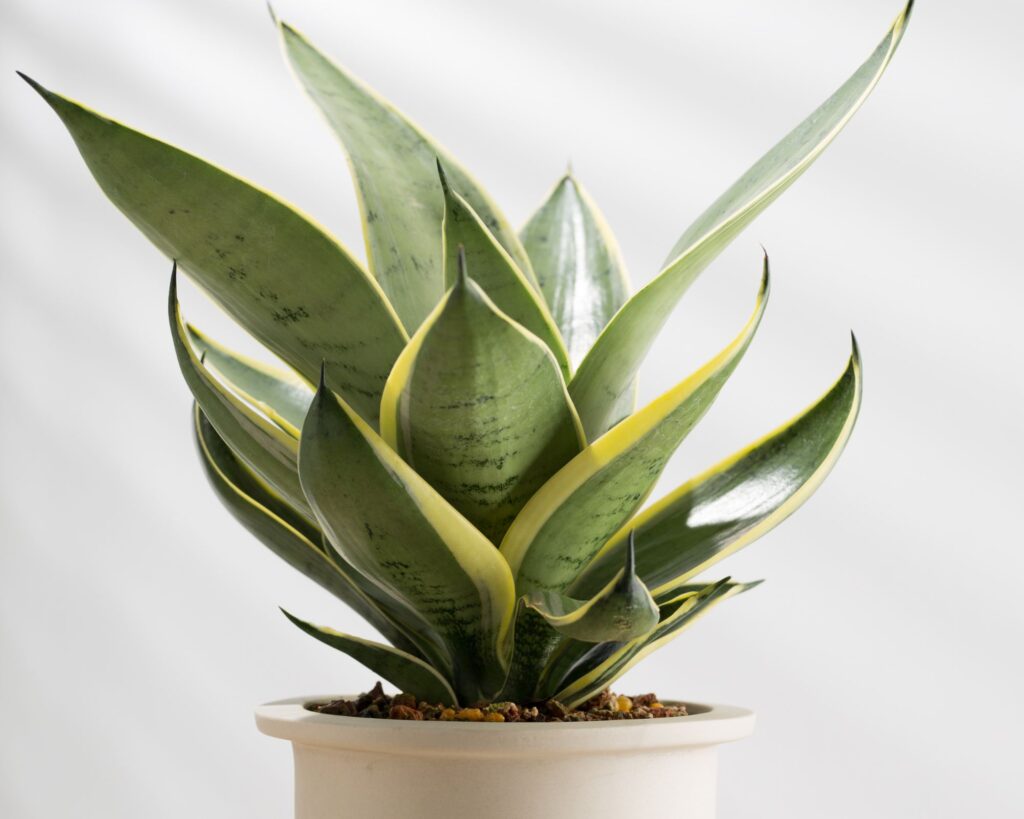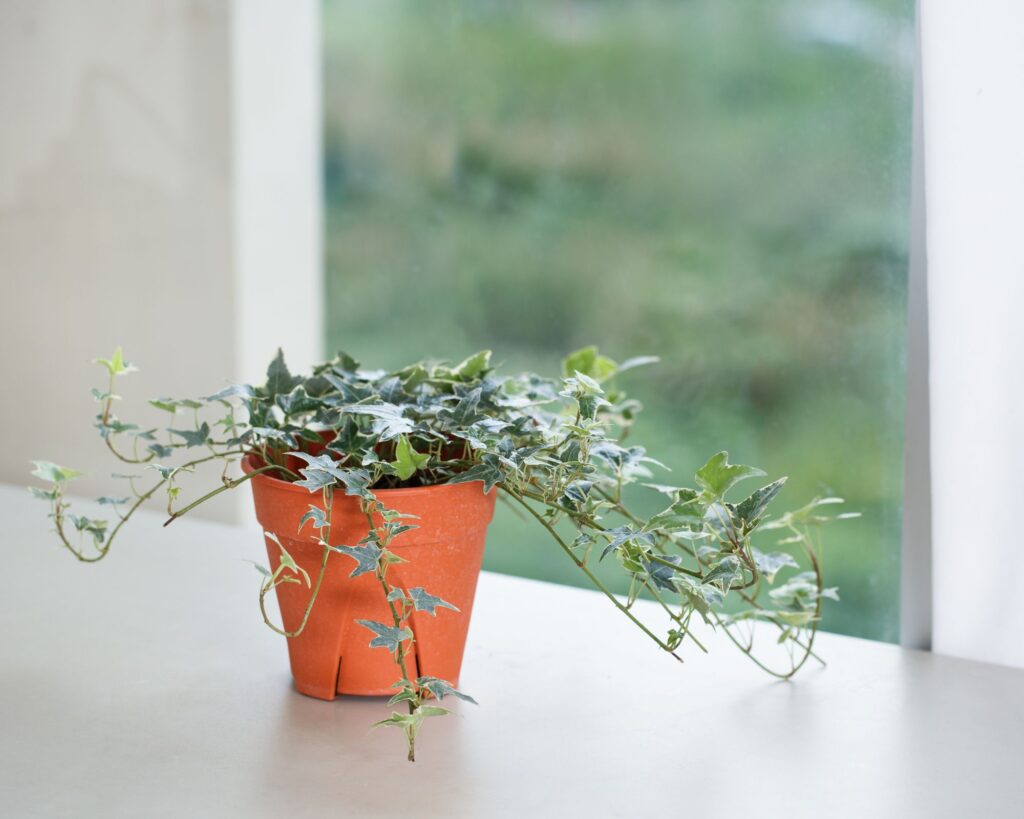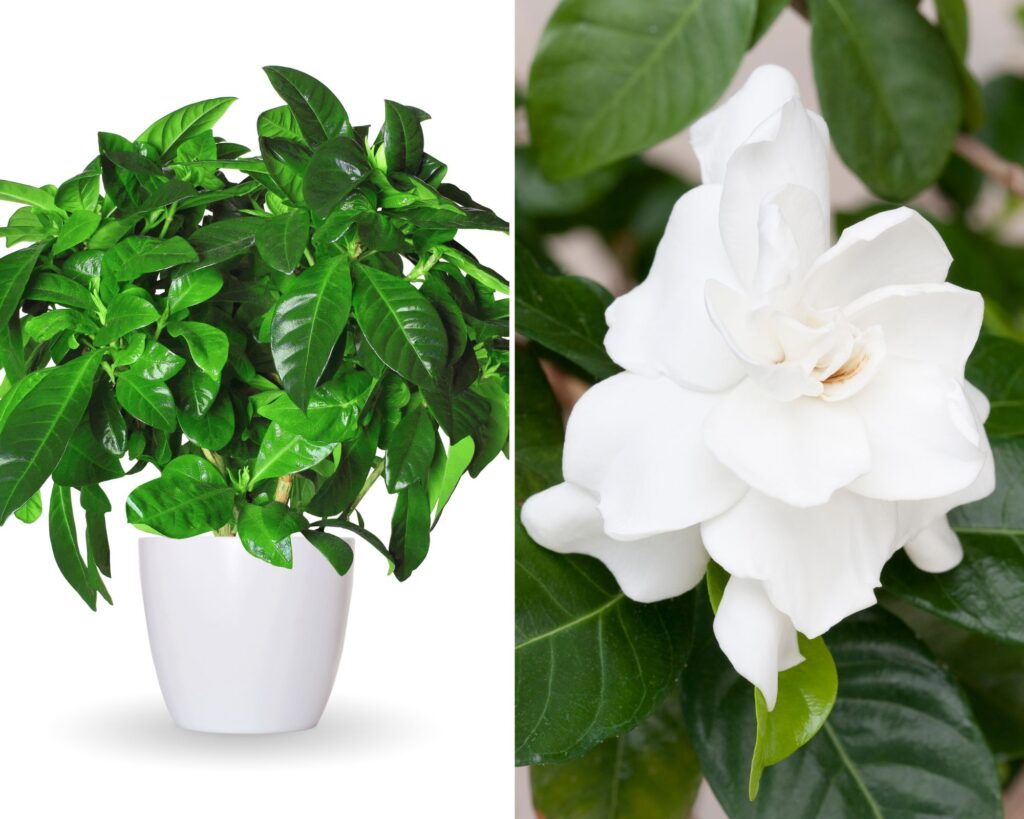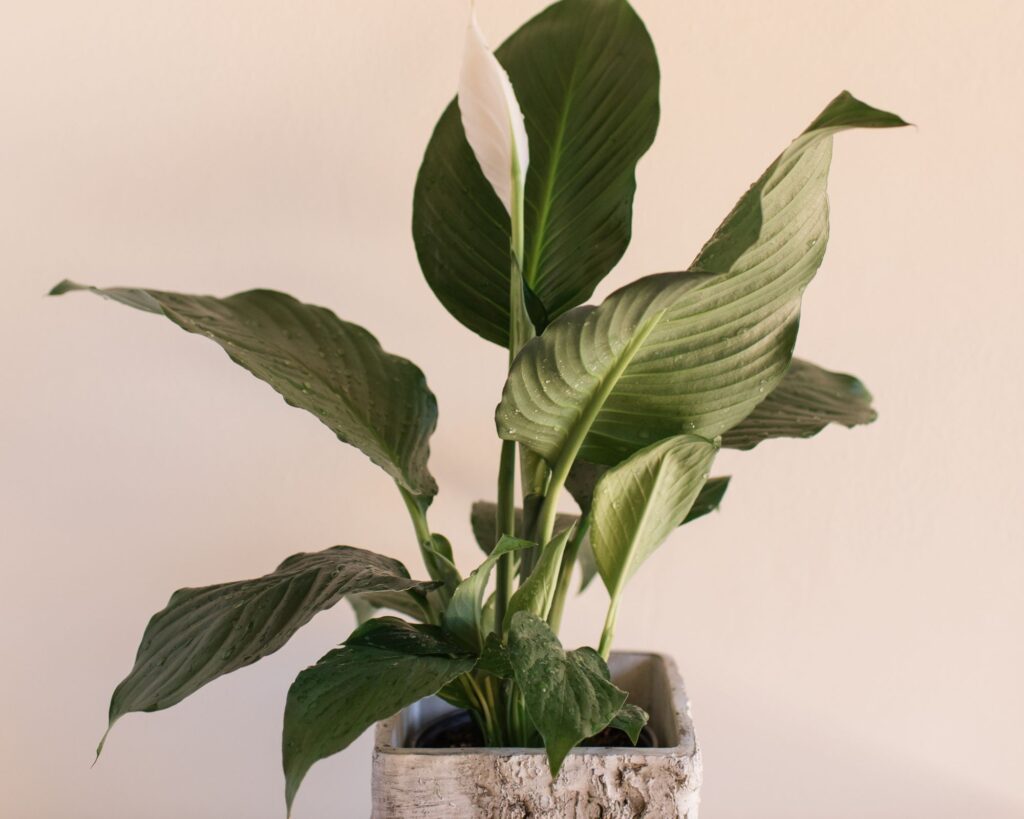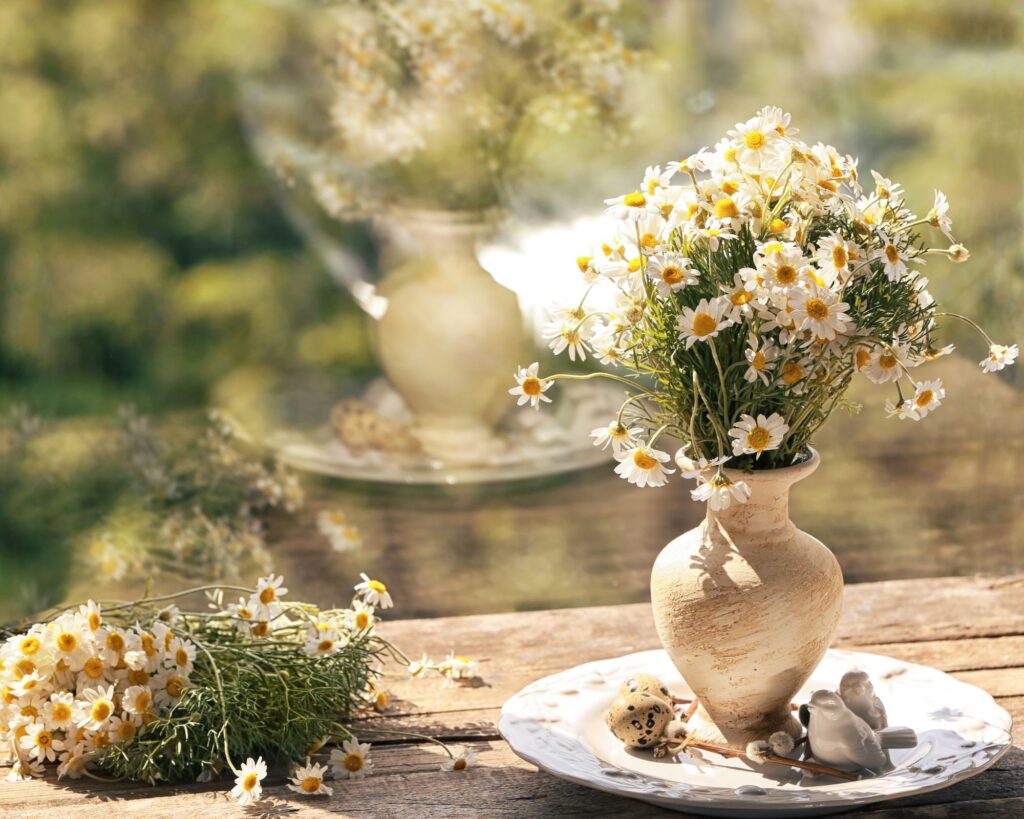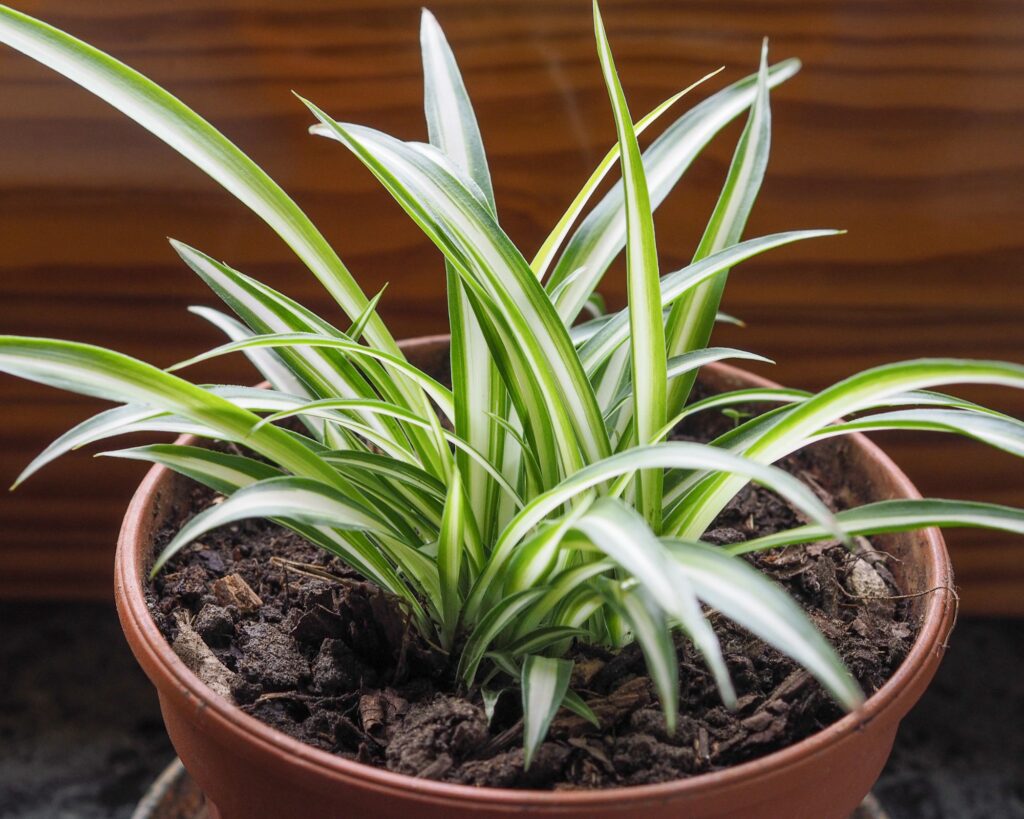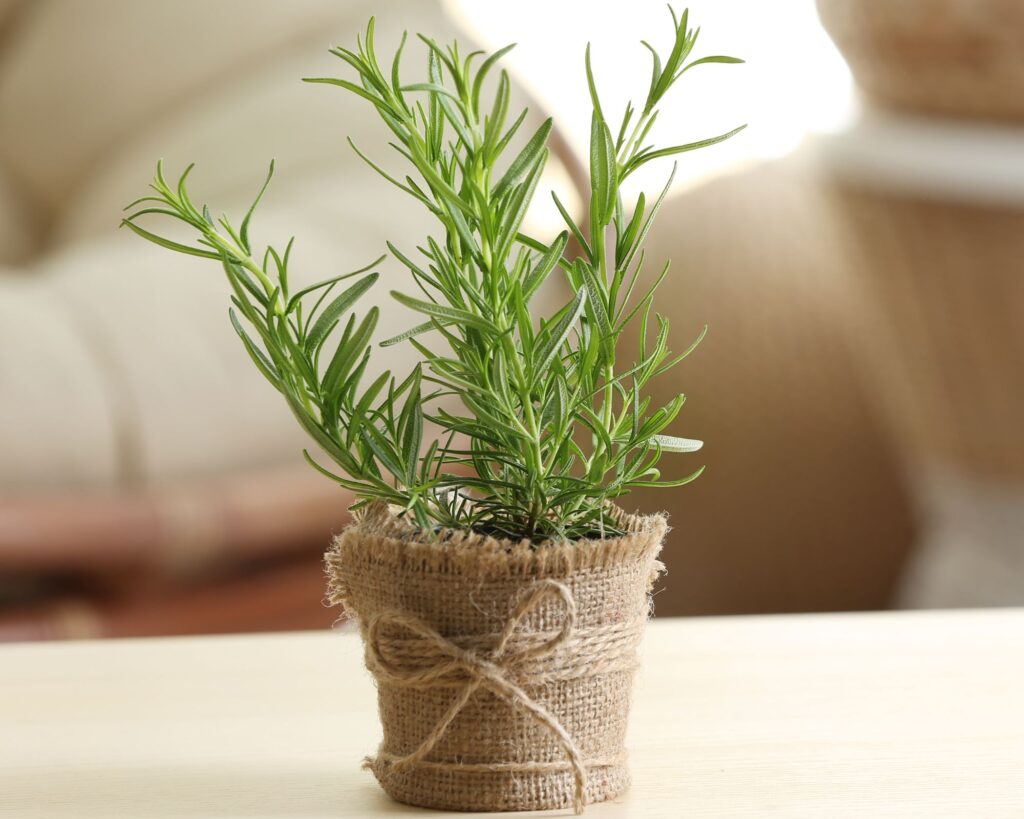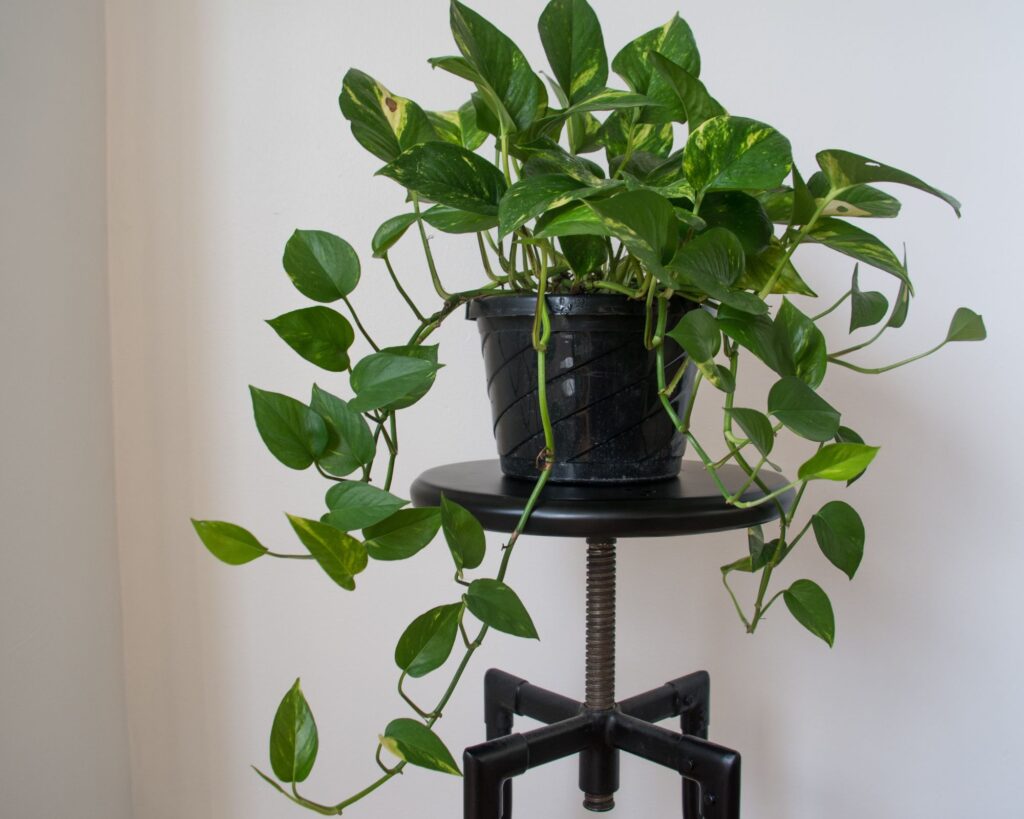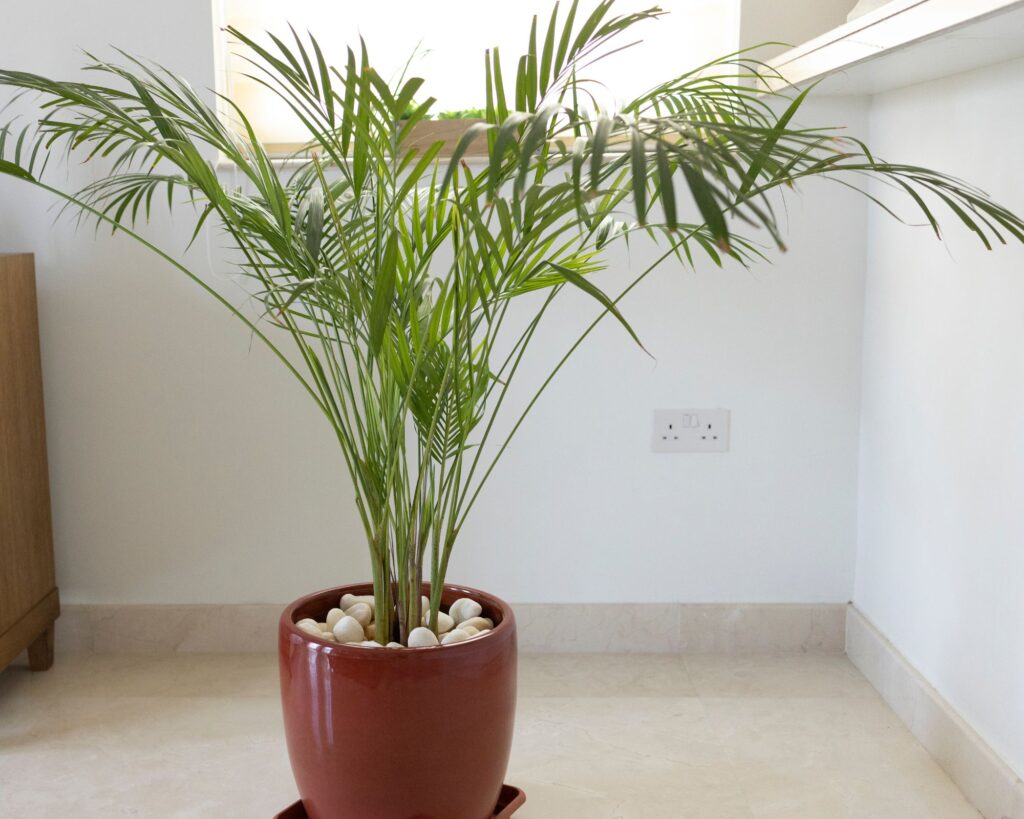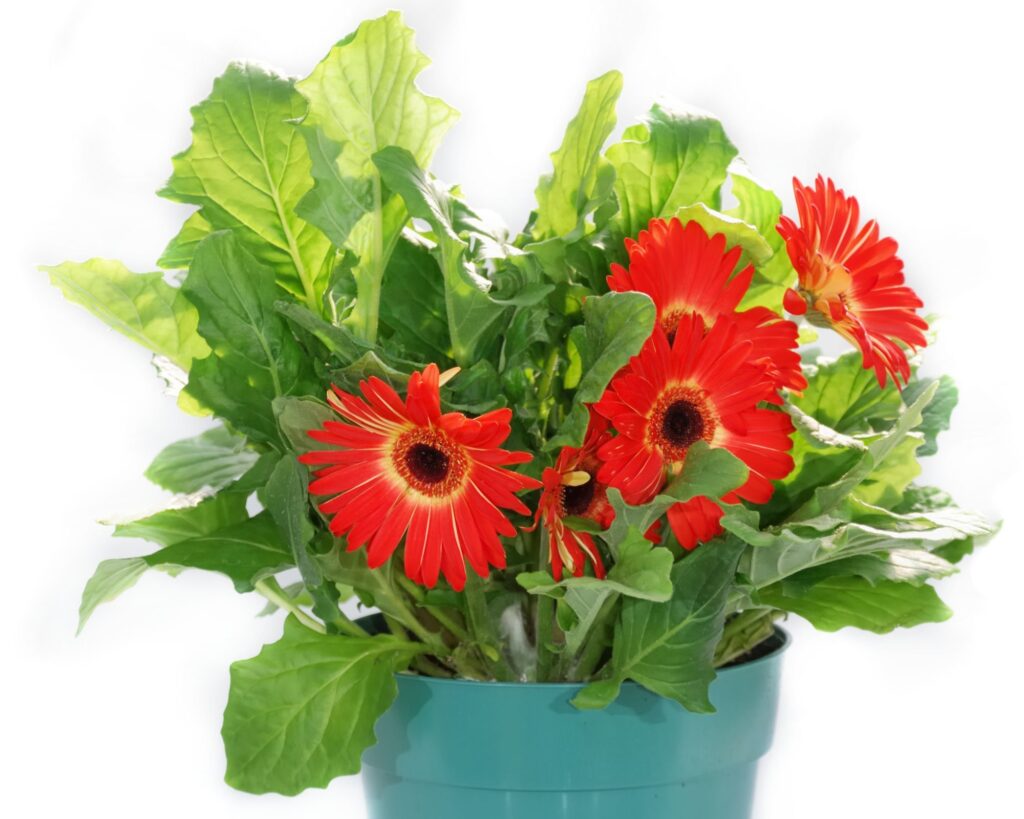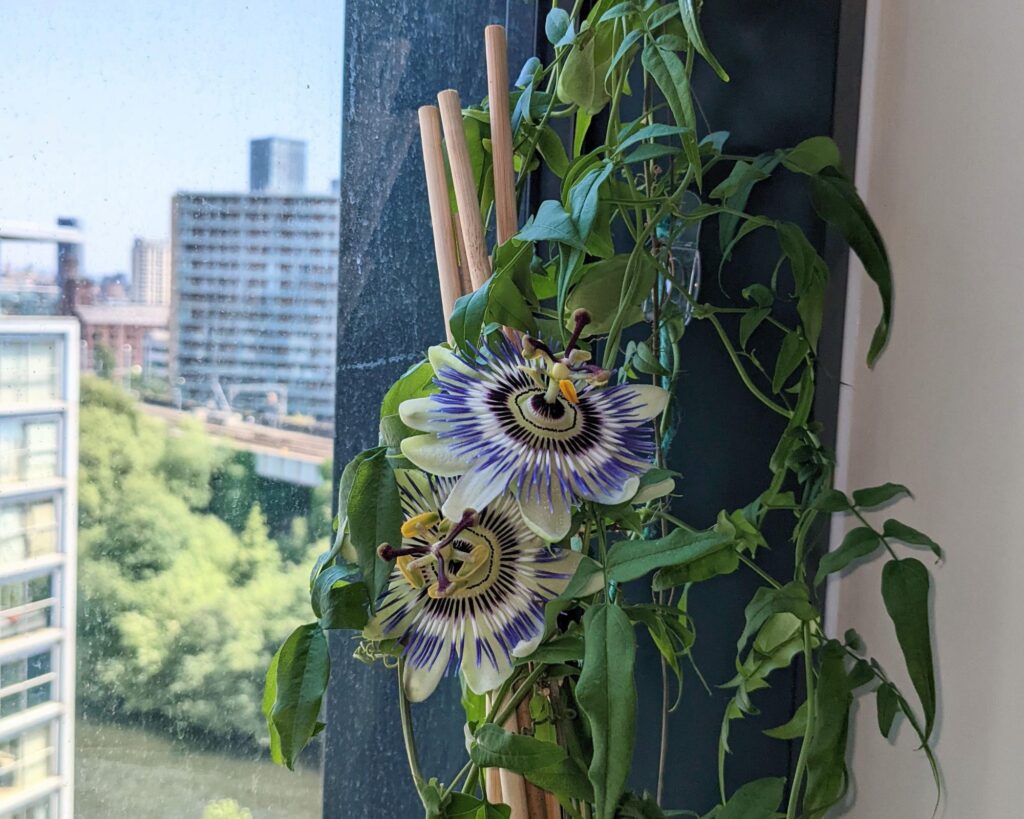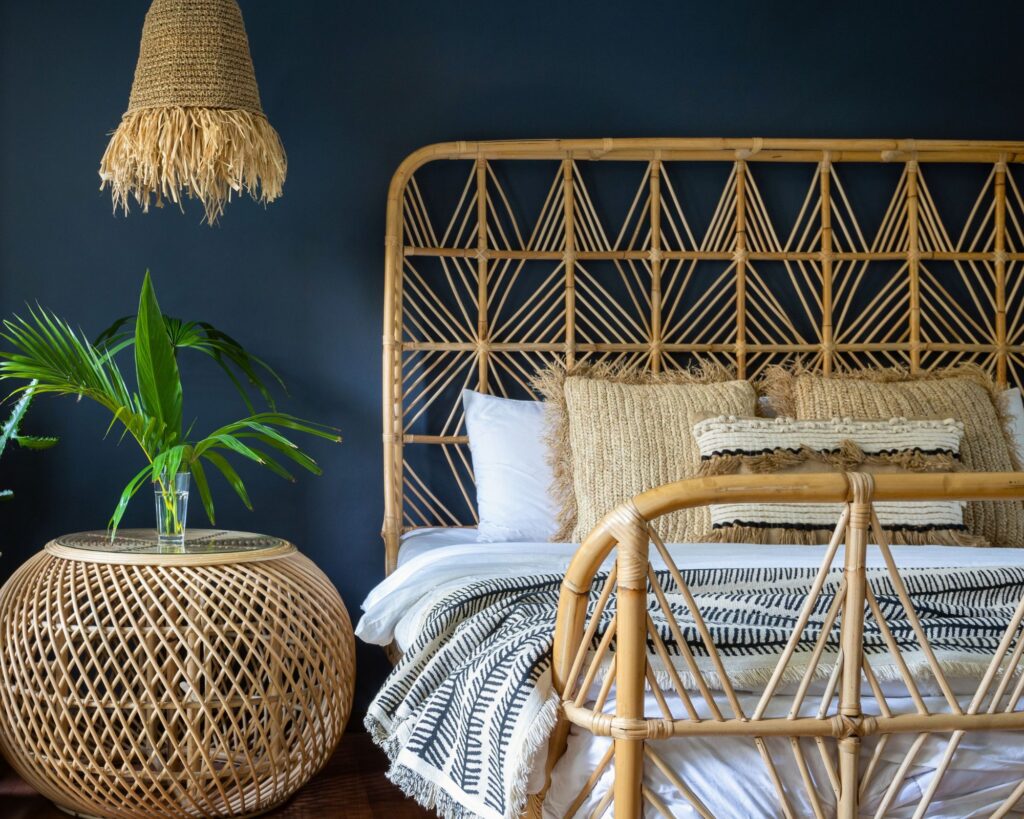Struggling with restless nights? If you’ve tried everything from sleep apps to blackout curtains and still find yourself tossing and turning, it’s time to consider a new approach – one that’s natural, effortless, and effective.
Imagine waking up feeling refreshed and energized simply by adding the right plants to your bedroom. These 14 plants do more than just brighten up your space – they purify the air, calm your mind, and help ease you into a deep, restorative sleep.
Ready to say goodbye to insomnia and hello to better sleep? Let’s explore how these plants can transform your nights for good.
1. Lavender (Lavandula)
Lavender is one of the most well-known plants for sleep improvement. The soothing scent of lavender has been shown in numerous studies to slow down heart rate, lower blood pressure, and reduce stress. It can help you relax and fall asleep faster.
Having a lavender plant by your bedside is a natural way to infuse your room with a calming aroma. You can also keep dried lavender or use lavender essential oil if you want to enhance the effect.
Care Tips: Lavender thrives in bright sunlight, so place it near a window that gets direct sunlight for at least 6 hours a day.
2. Aloe Vera (Aloe barbadensis miller)
Aloe vera is known for its air-purifying abilities. It releases oxygen at night, helping improve air quality and making it easier for you to breathe while you sleep. It is also low-maintenance and ideal for those who aren’t particularly skilled in plant care.
Care Tips: Aloe vera plants need bright, indirect sunlight. Water them sparingly, as they don’t like to be overwatered.
3. Jasmine (Jasminum)
The sweet, floral scent of jasmine has a calming effect on the mind and body. It’s been shown to reduce anxiety levels and improve sleep quality. The presence of jasmine in your bedroom can promote restful sleep and help with reducing insomnia symptoms.
Care Tips: Jasmine prefers a sunny location, so place it near a window. Water it regularly, ensuring the soil is always slightly moist.
4. Snake Plant (Sansevieria trifasciata)
The snake plant, also known as mother-in-law’s tongue, is a fantastic bedroom plant due to its air-purifying properties. It absorbs toxins and releases oxygen at night, helping improve the air quality in your bedroom.
Cleaner air leads to better sleep, especially for people who suffer from allergies or respiratory issues.
Care Tips: Snake plants thrive in low light and need minimal watering. Allow the soil to dry out between waterings.
5. English Ivy (Hedera helix)
English ivy is another air-purifying plant that can help alleviate respiratory problems. It removes mold and airborne allergens from the air, improving overall air quality. Cleaner air can lead to less irritation, helping you sleep more peacefully.
Care Tips: English ivy prefers indirect light and needs moderate watering. It’s also a great plant for hanging baskets if you’re short on surface space.
6. Gardenia (Gardenia jasminoides)
Gardenias are another fragrant plant that helps improve sleep quality. The scent of gardenia has been found to be as effective as some prescription sleeping pills in promoting deep sleep.
Its beautiful white flowers also add elegance to your bedroom decor.
Care Tips: Gardenias need bright but indirect light. Keep the soil moist and ensure it has good drainage.
7. Peace Lily (Spathiphyllum)
The peace lily is not only a beautiful addition to your bedroom but also a powerful air purifier. It helps to remove toxins like ammonia, benzene, and formaldehyde from the air.
A cleaner environment leads to better breathing and less chance of being disturbed by allergies during the night.
Care Tips: Peace lilies do well in low to moderate light. Keep the soil slightly moist, but be careful not to overwater.
8. Chamomile (Matricaria chamomilla)
Chamomile is often associated with calming teas that help you relax and sleep better. However, growing the plant in your bedroom can also contribute to a more serene atmosphere.
Its delicate flowers emit a soft fragrance that promotes relaxation and sleep.
Care Tips: Chamomile prefers direct sunlight and requires regular watering to keep the soil moist.
9. Spider Plant (Chlorophytum comosum)
The spider plant is another excellent air purifier that can help reduce allergens in your room. It can remove harmful chemicals like formaldehyde and carbon monoxide from the air, making it easier for you to breathe and fall asleep.
Care Tips: Spider plants prefer indirect light and moderate watering. Make sure the soil dries out between waterings to avoid root rot.
10. Rosemary (Rosmarinus officinalis)
Rosemary is traditionally used for culinary purposes, but it can also be beneficial for sleep.
The aroma of rosemary can improve cognitive performance and reduce stress. Having a rosemary plant in your bedroom can help you feel more relaxed before bed, encouraging better sleep.
Care Tips: Rosemary prefers bright, direct sunlight. Water it regularly but allow the soil to dry out between waterings.
11. Golden Pothos (Epipremnum aureum)
Golden pothos is a hardy, low-maintenance plant that is known for its air-purifying capabilities. Like the snake plant, it removes toxins from the air, creating a healthier environment for sleep.
Its trailing vines also make it a great decorative addition to any bedroom.
Care Tips: Golden pothos thrives in low light and needs minimal watering. Let the soil dry between waterings.
12. Bamboo Palm (Chamaedorea seifrizii)
Bamboo palms are excellent at removing toxins from the air, which helps improve overall air quality. Cleaner air leads to better sleep, particularly if you’re prone to allergies.
This tropical plant also adds a touch of greenery to your bedroom without requiring much effort to maintain.
Care Tips: Bamboo palms prefer indirect light and moderate watering. Ensure that the soil is well-draining.
13. Gerbera Daisy (Gerbera jamesonii)
Gerbera daisies are not only vibrant and cheerful, but they are also great at releasing oxygen at night. This increased oxygen can help you breathe easier while you sleep, promoting deeper, more restful sleep.
Care Tips: Gerbera daisies need bright, indirect sunlight and regular watering. Be sure to keep the soil moist but not soggy.
14. Passionflower (Passiflora incarnata)
Passionflower has been used as a natural remedy for anxiety and insomnia for centuries. The plant’s calming properties make it an excellent choice for the bedroom. It helps to quiet the mind and reduce restlessness, making it easier to fall asleep and stay asleep.
Care Tips: Passionflower requires bright light and moist soil. It’s a climbing plant, so it may need support or a trellis to grow properly indoors.
Tips for Incorporating Plants into Your Bedroom
- Placement: Be mindful of where you place your plants. Many of these plants need bright, indirect sunlight, so placing them near a window is ideal. However, some plants, like the snake plant and peace lily, can thrive in lower light conditions.
- Maintenance: Be sure to choose plants that match your ability to care for them. Low-maintenance options like aloe vera, snake plants, and golden pothos are perfect for beginners, while gardenias and valerian require a little more attention.
- Airflow: Plants that release oxygen at night, like aloe vera and gerbera daisies, work best when placed close to your bed. This ensures you benefit from the increased oxygen levels while you sleep.
